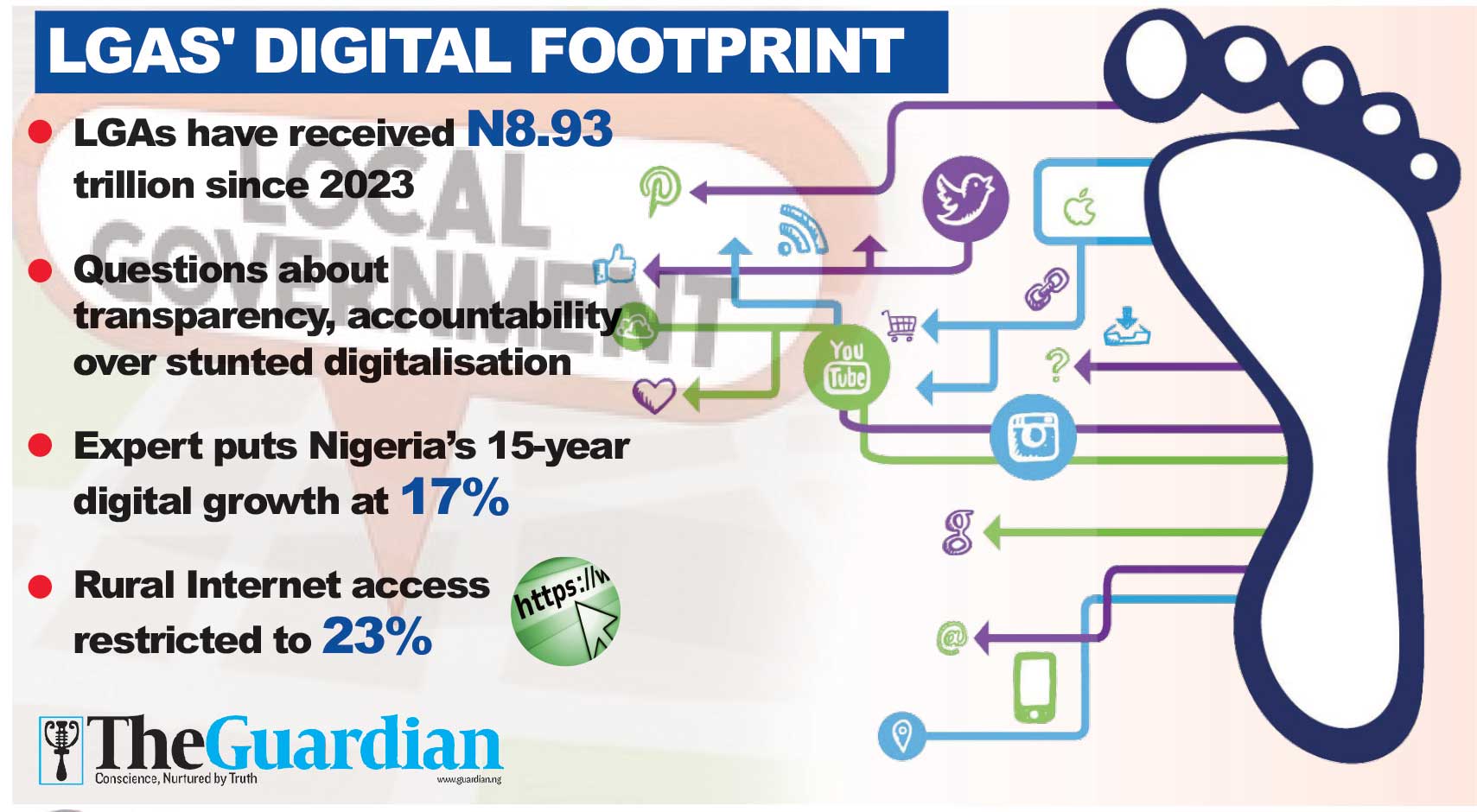Members of the sixth Economic Community of West African States (ECOWAS) Parliament have cautioned against adopting Artificial Intelligence (AI) in parliamentary business, citing concerns over its potential impact on society.
The warning was made at the 2025 ECOWAS Parliamentary Seminar/Extraordinary Session in Port Harcourt, Rivers State, on Tuesday.
Laadi Ayamba (Anglophone), a Member of ECOWAS Parliament, expressed concerns about the impact of technology on society, noting that “our children are not able to socialize because they are always using phones. They are very busy, they do not relate with their parents and siblings because of phones, and now we’re going to AI.”
She emphasized the need for West Africans to carefully consider the implications of AI on their societies, asking, “Can we listen to ourselves and ask ourselves if we are doing good to ourselves?”
The lawmakers highlighted several concerns regarding AI adoption. They fear that AI could make people lazy, as it can perform virtually every task for humans, potentially leading to job displacement.
Additionally, they are concerned about data privacy risks, noting that the adoption of AI could put people’s data and privacy at risk.
Furthermore, they pointed out that Africa’s preparedness for AI adoption is hindered by widespread corruption and poor governance.
According to Guy Marius Sagna (Francophone) and other lawmakers, the present crop of legislators lack in-depth knowledge of technology and need gradual sensitization to the new trend.
However, ECOWAS parliamentarians stressed the importance of sensitizing citizens, especially in rural areas, about AI before introducing it for public use.
They also emphasized the need for regulatory frameworks that balance innovation with human rights and democratic values.
Ayamba noted that “it is a good idea, but let us hasten slowly, let’s make sure that we do it consciously, let us beware of where we are coming from, and let us ensure that we do it properly.”
While cautioning against hasty adoption, lawmakers acknowledged AI’s potential benefits, saying AI can improve the quality and timeliness of legislative drafting, enhance oversight functions, and broaden citizen engagement in policymaking.
It can also accelerate social and economic development by improving service delivery, citizen engagement, and transparency.
However, the lawmakers emphasized the need for a prudent approach, prioritizing citizens’ interests and ensuring that AI serves democratic governance rather than supplanting it.
As Ayamba noted, “we will be selling the minds, the brains, the thinking, the forward marching of our children and grandchildren to those who have already grown past us a hundred times.”
Earlier, one of the resource persons, Christian Odo, in his presentation on AI for Parliamentary Efficiency, advocated for legislative frameworks that would make law-making speedy and seamless.
Odo, while admitting that the use of artificial intelligence would create unemployment, said the innovation will help parliamentarians in having effective and efficient drafting of documents and reducing burdens.
He said as legislators and representatives, they are central in ensuring that AI adoption aligns with democratic institutions.
He said: “The adoption of AI-powered research tools, mobile data collection technologies, and interactive dashboards offers parliaments a modern, efficient, and transparent way to perform oversight and monitor the implementation of legislative resolutions.
“By investing in these technologies and building staff capacity, legislatures can enhance accountability, improve public trust, and ensure that resolutions translate into tangible outcomes for citizens.”






